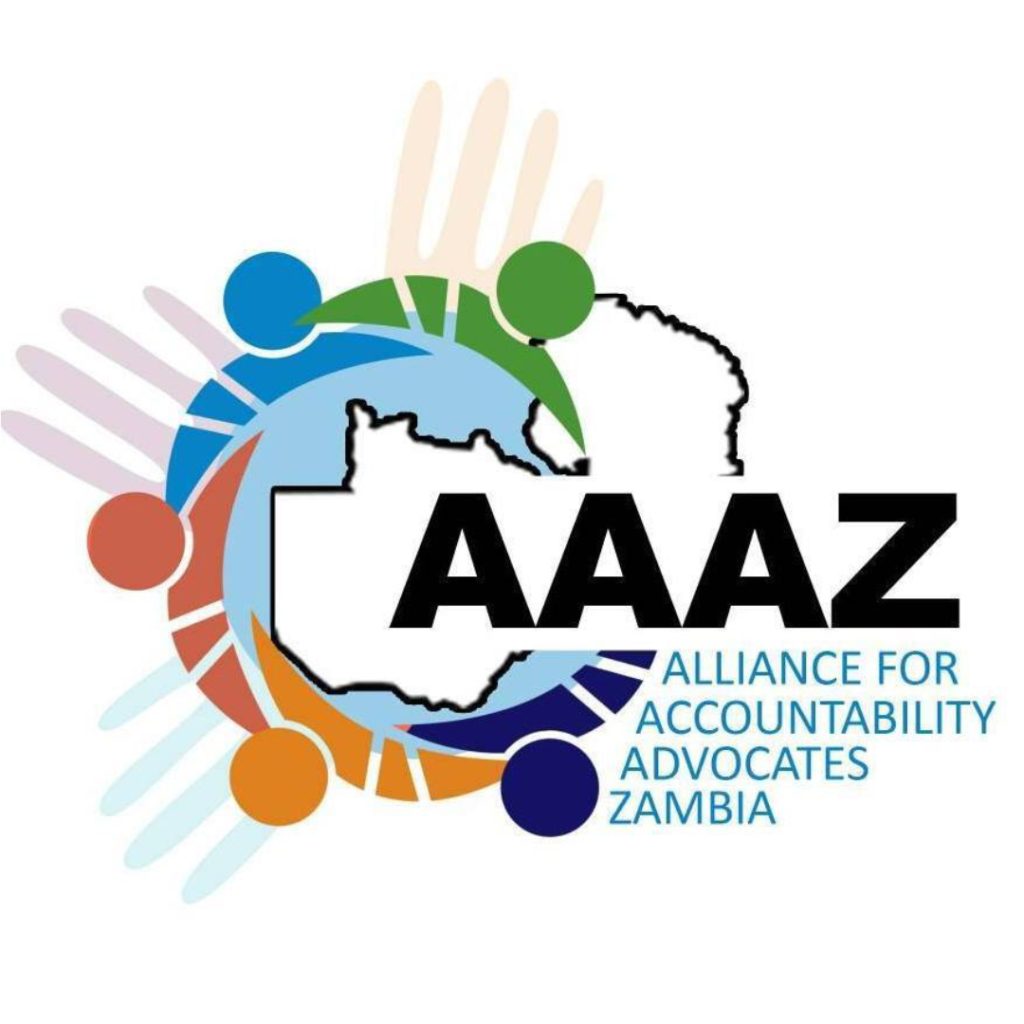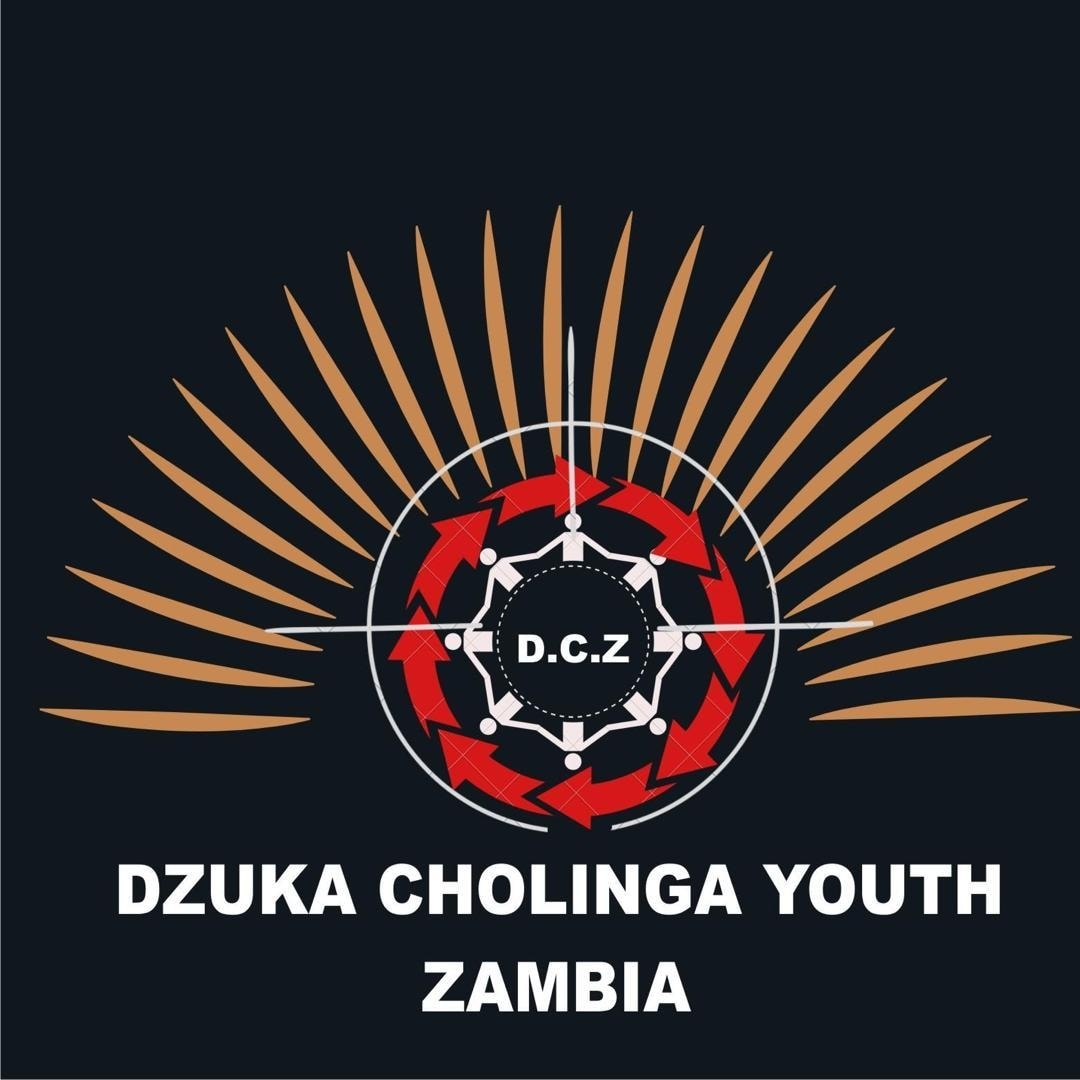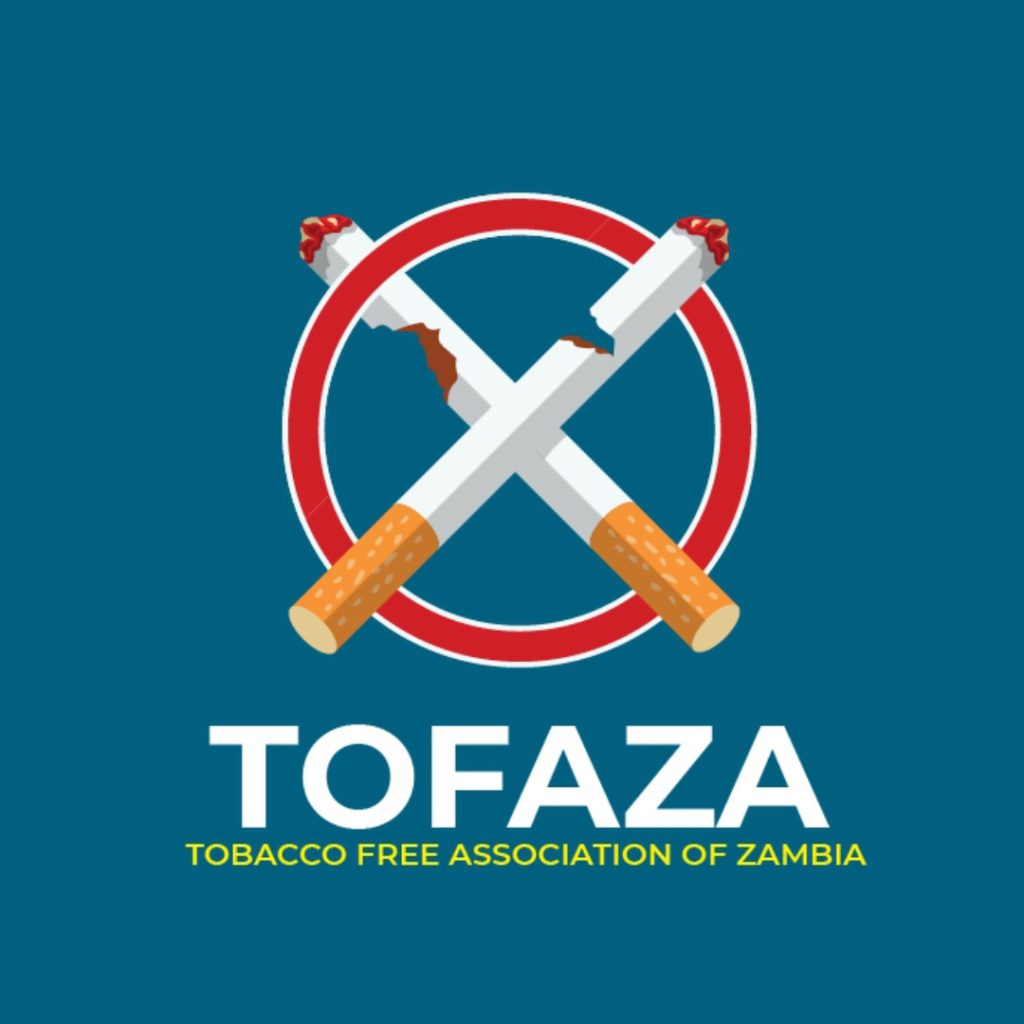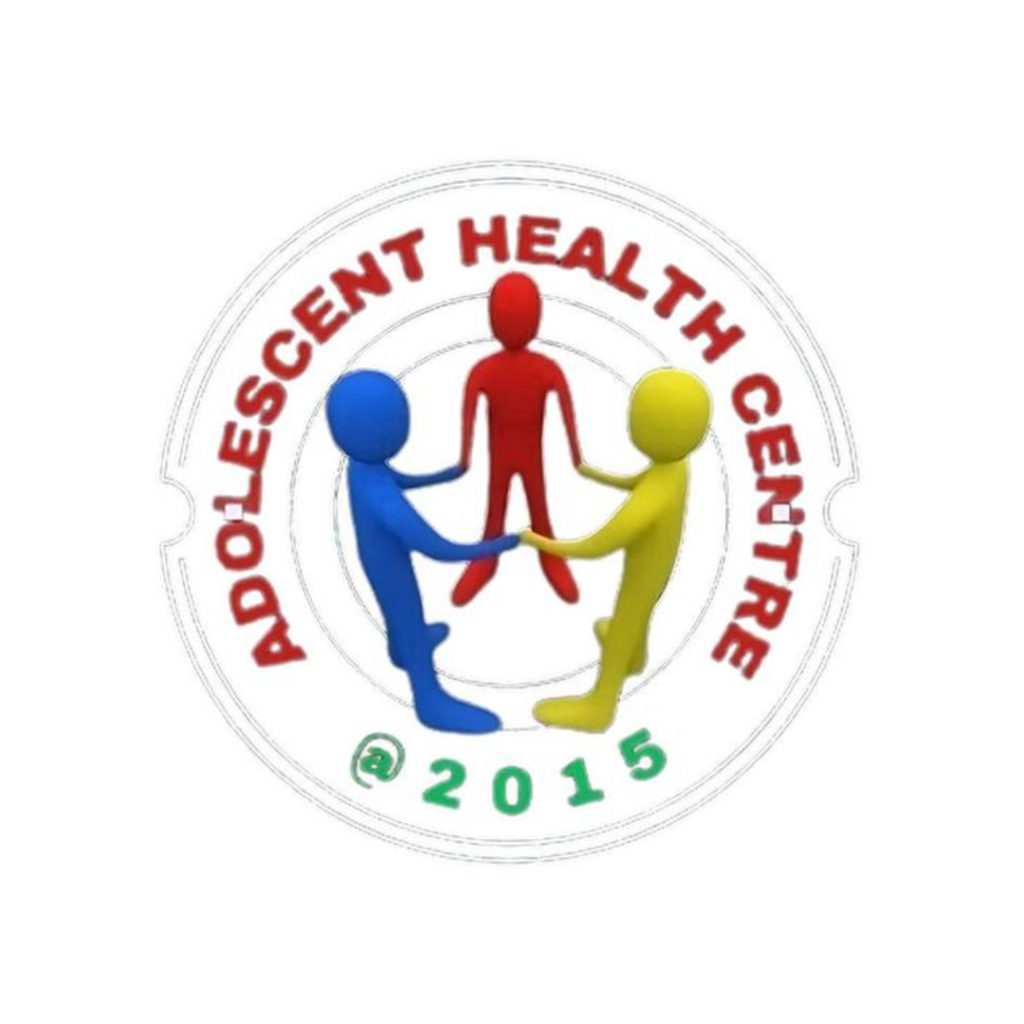Zambia Tobacco Control Overview
Zambia faces a significant challenge with tobacco use, as highlighted by the Ministry of Health’s 2019 report, which indicates a smoking prevalence of 24% in men and 7.8% in women. Predictions from the World Health Organization suggest a potential increase of 300,000 smokers in Zambia by 2025. Despite being among Africa’s top five tobacco leaf producers with a notable economic contribution, Zambia’s tobacco industry faces internal challenges.
The 2019 statement by the Ministry of Health revealed that tobacco represents only a small percentage of total agricultural exports and employs only 0.5% of small and medium-scale farmers. Moreover, 60% of tobacco farmers in Zambia are considering switching to other crops. The country is also witnessing a surge in tobacco manufacturing capacity, exemplified by facilities like those established by British American Tobacco Zambia and Roland Imperial Tobacco, which produce over 20 million cigarettes daily. However, cigarettes are becoming more affordable, with a notable decrease in inflation-adjusted prices between 2002 and 2016.

Zambia’s tobacco control roadmap involves legislation dating back to the Tobacco Levy of 1967, followed by regulations such as the Public Health (Tobacco) Regulations of 1992. While Zambia signed the World Health Organization’s Framework Convention on Tobacco Control (FCTC) in 2008, enforcement challenges persist, and regulations introduced in 2008 lack compliance with the FCTC. Despite having subordinate legislation addressing aspects like smoking in public places, the absence of a comprehensive national tobacco policy hinders effective control efforts. The delay in policy development is attributed to factors such as the country’s weak economy, a strong tobacco industry presence, and poor coordination among stakeholders. Efforts to establish a comprehensive tobacco control policy face obstacles, including disagreements, communication issues, and leadership challenges at the engagement level. Overcoming these hurdles and fostering principled engagement is crucial for realizing the elusive goal of a comprehensive tobacco policy in Zambia.
Zambia No Tobacco Day
WNTD 2023
The World No Tobacco Day Awareness Campaign, organized by Copper Rose Zambia (CRZ) on May 31, 2023, aimed to tackle the serious public health issue of tobacco use in Zambia, where 14.6% of adults smoke, leading to over 10,000 preventable deaths each year. The campaign aimed to raise awareness about the dangers of tobacco, particularly among adolescents and young people. Key objectives included educating the public about health hazards, promoting behavior change, and advocating for effective tobacco control measures, such as the enactment of the Tobacco Control Bill. The campaign involved careful planning and included insights from peer educators, knowledge assessment sessions, and collaboration with healthcare professionals. Activities included a televised appearance by Dr. Sichone, a well-known figure in public health, as well as community outreach events in high-prevalence areas, the distribution of informational materials, and a targeted social media campaign. Despite facing limited planning time, the campaign successfully reached over a million people through various channels, effectively achieving its goals of raising awareness, encouraging behavioral change, and fostering collaborative partnerships with organizations such as the Drug Enforcement Commission. Testimonials from participants highlighted the success of the campaign in dispelling misconceptions and inspiring positive behavior change, thereby laying the groundwork for lasting impact.
WNTD 2024
Zambia commemorated World No Tobacco Day on May 31 under the theme "Protecting Children from Industry Interference. " Two events were organized to raise awareness about the dangers of tobacco use among children. The first was a live radio session on UNZA Radio, where Anne from AAAZ and I discussed the tobacco industry, its strategies to attract children, and the harmful effects of tobacco. The interview lasted 30 minutes and was heard by over 3 million listeners. The second event took place at Lake Road School in Lusaka, targeting students in grades 8 to 12, with 350 attendees. We highlighted the marketing tactics used by the tobacco industry, such as employing young influencers to promote vaping on social media. Students shared what they knew about tobacco products and the health effects of smoking. Many were unaware of World No Tobacco Day beforehand, but appreciated the insights gained. During pickup hour, we informed parents about the event's objectives and distributed car stickers with the Zambia advocacy goal. Overall, the commemoration was successful.
WNTD 2025
On May 31st, as the world observed World No Tobacco Day, Zambia joined the commemoration, and so did we. The day began with a march from Chawama Police Post to the Chawama School Grounds, which served as the venue for this year's event. Various Civil Society Organizations (CSOs), including our organization, DCZ, TOFAZA, CPCR, CTPD, WHO, and MCF, participated in the celebration. We showcased our work through flyers, stickers, placards, and reports distributed to the residents of Chawama to raise awareness about the dangers of tobacco use, especially among children and youth. We were honored to host Dr. Matilda Simpungwe, the Acting Director for Health at the Ministry of Health, who represented the Minister of Health, Dr. Elijah Muchima. At the Y-ACT stand, we took the opportunity to share our advocacy efforts and emphasize the urgent need for a tobacco-free society. We called on the government to make the draft Tobacco Control Bill public and to ensure it is presented to Parliament without delay. Young people visited our stand, engaged with us, asked critical questions, and left with a better understanding of the dangers associated with tobacco use. Their passion and curiosity reminded us of the importance of this fight. This sentiment was echoed in a speech read by Emmanuel, the Head Boy of Chawama Secondary School, who emphasized the need to protect future generations from the harmful effects of tobacco.
Coalitions

Lizu

Young professional network

Copper Rose Zambia

Alliance for Accountability Advocates

Dzuka Cholinga Youth Zambia

The Tobacco Free Association of Zambia (TOFAZA)

Powering Young Initiatives

Men of Honour

M-Cover

